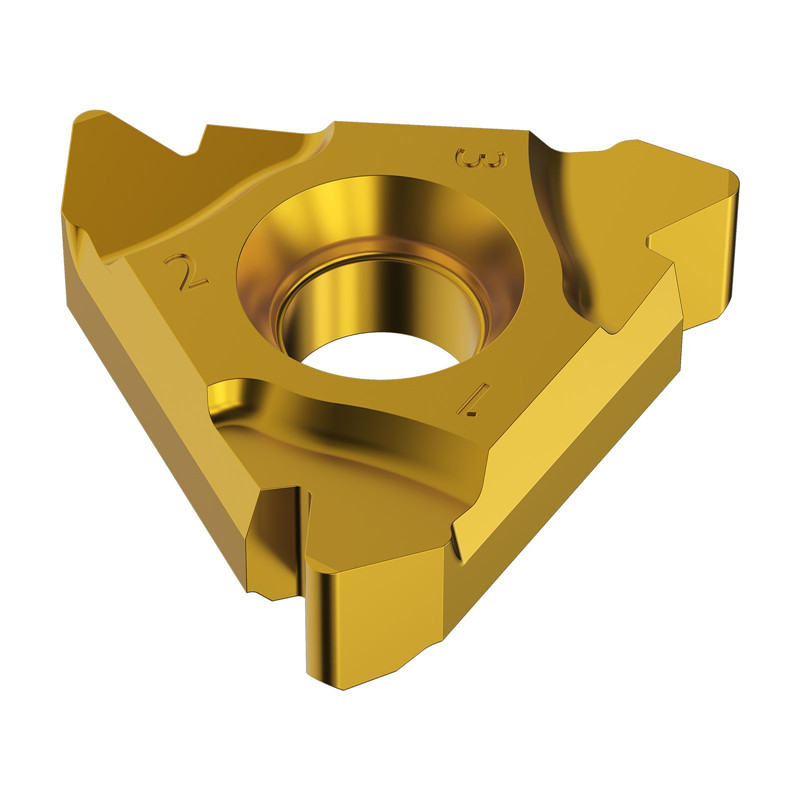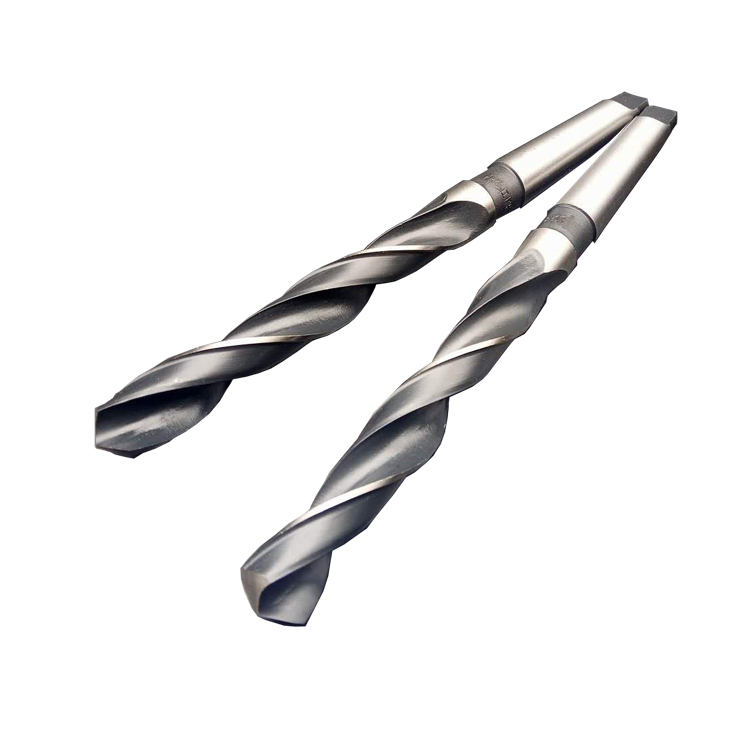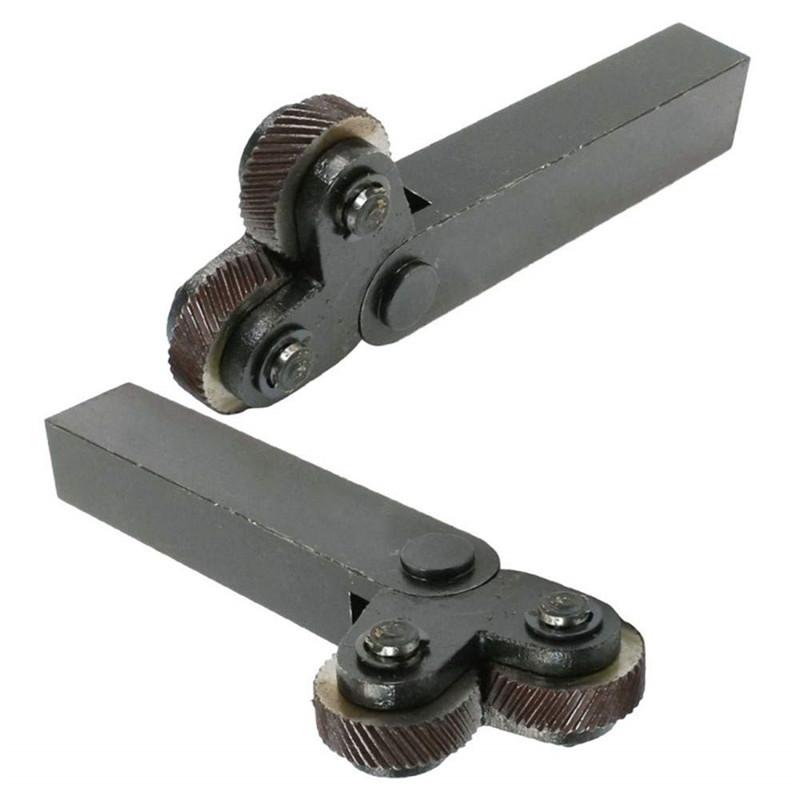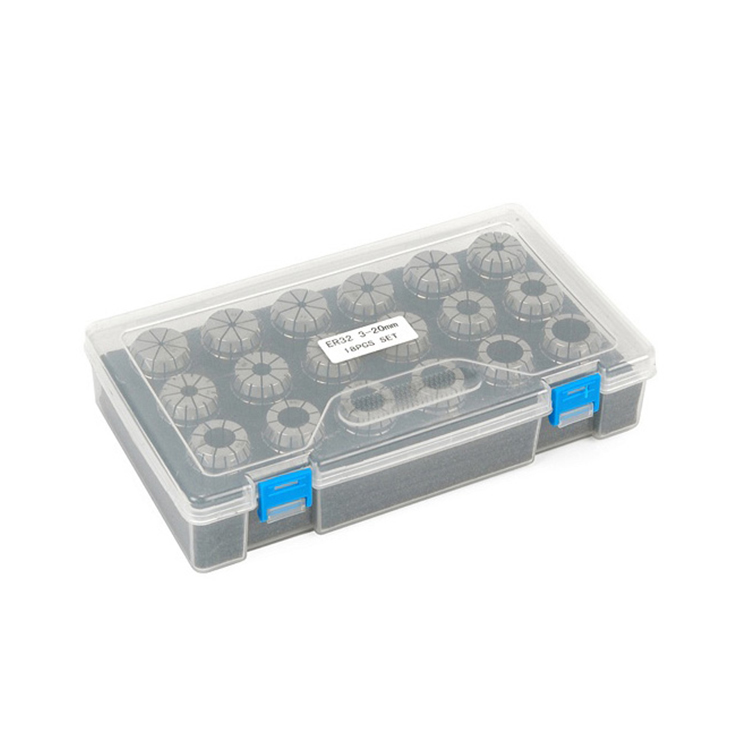lathe holder Suppliers
Finding reliable lathe holder suppliers is crucial for precision machining. This guide explores key factors to consider when selecting a supplier, different types of lathe holders, common materials, and essential selection criteria.
Understanding Lathe Holders
Lathe holders, also known as tool holders, are essential components of a lathe machine. They securely hold cutting tools, ensuring stability and precision during machining operations. The right lathe holder can significantly impact the quality of the finished product, machining efficiency, and tool life.
Types of Lathe Holders
Various types of lathe holders are available, each designed for specific machining tasks and tool types.
- Quick Change Tool Post Sets: Allow for rapid tool changes, increasing productivity. These sets typically include a tool post and multiple tool holders.
- Turning Tool Holders: Designed for general turning operations. They often have a simple design and are relatively inexpensive.
- Boring Bar Holders: Specifically for holding boring bars, which are used to enlarge existing holes.
- Threading Tool Holders: Designed to hold threading tools for creating threads on workpieces.
- Cut-Off Tool Holders: Used to hold cut-off tools for parting or grooving operations.
- Knurling Tool Holders: For holding knurling tools to create a textured surface.
- Indexable Tool Holders: These holders accept indexable inserts, which can be rotated or replaced when the cutting edge becomes dull.
Materials Used in Lathe Holders
The material of a lathe holder is crucial for its durability and performance. Common materials include:
- Steel: A common choice for its strength and affordability. Different grades of steel are used, offering varying levels of hardness and wear resistance.
- Carbide: Offers exceptional hardness and wear resistance, ideal for high-speed machining and hard materials. However, carbide holders are generally more expensive.
- High-Speed Steel (HSS): Provides a good balance of hardness and toughness, suitable for a wide range of machining applications.
Key Considerations When Choosing Lathe Holder Suppliers
Selecting the right lathe holder supplier is essential for ensuring you receive high-quality products and reliable service. Here are some key factors to consider:
- Product Quality: Look for suppliers who offer lathe holders made from high-quality materials and manufactured to precise tolerances. Check for certifications or quality control processes.
- Product Range: A good supplier should offer a wide range of lathe holders to meet your specific needs. This includes different types, sizes, and materials.
- Pricing: Compare prices from different suppliers to ensure you are getting a competitive rate. Consider the overall value, including quality and service.
- Lead Time: Check the supplier's lead time to ensure they can deliver your order within your required timeframe.
- Customer Service: Choose a supplier with excellent customer service, who is responsive to your inquiries and provides technical support.
- Reputation: Research the supplier's reputation by reading online reviews and checking their track record.
Finding Reliable Lathe Holder Suppliers
Here are some strategies for finding reliable lathe holder suppliers:
- Online Research: Use search engines like Google to find potential suppliers. Look for suppliers with well-designed websites and detailed product information.
- Industry Directories: Explore industry directories that list manufacturers and suppliers of lathe holders.
- Trade Shows: Attend trade shows to meet suppliers in person and see their products firsthand.
- Referrals: Ask for referrals from other machinists or companies in your industry.
Specific Examples of Lathe Holder Suppliers
While a comprehensive list is beyond the scope of this article, here are a few examples of companies that may offer lathe holders. Always conduct thorough research to determine if they meet your specific requirements:
- Wayleading Tools: Offers a wide range of precision cutting tools and accessories, including various lathe holders, focusing on quality and performance.
- **Allied Machine & Engineering Corp.:** Specializes in holemaking and finishing solutions, including tool holders for various applications.
- **Sandvik Coromant:** A leading global supplier of metal cutting tools and tooling systems.
Choosing the Right Lathe Holder: A Practical Guide
Selecting the appropriate lathe holder for a specific task is paramount for achieving optimal results. Consider these factors:
- Machine Type: Ensure the lathe holder is compatible with your lathe machine's tool post.
- Tool Size: The holder must accommodate the shank size of your cutting tool.
- Material Being Machined: The holder's material should be suitable for the material you're machining. Harder materials may require carbide holders.
- Type of Operation: Choose a holder designed for the specific operation you're performing (turning, boring, threading, etc.).
- Accuracy Requirements: For high-precision machining, select a holder with minimal runout.
Benefits of Using High-Quality Lathe Holders
Investing in high-quality lathe holders offers numerous benefits:
- Improved Accuracy: High-quality holders provide a more stable and precise platform for cutting tools, leading to improved accuracy in machining operations.
- Increased Tool Life: Proper holding reduces vibration and stress on cutting tools, extending their lifespan.
- Enhanced Efficiency: Quick-change tool posts and other advanced features can significantly reduce setup time and increase machining efficiency.
- Reduced Downtime: Durable holders minimize the risk of tool failure, reducing downtime for repairs or replacements.
- Safer Operation: Secure tool holding improves operator safety by preventing tool slippage or breakage.
Lathe Holder Maintenance Tips
Proper maintenance is essential for extending the life of your lathe holders:
- Regular Cleaning: Clean holders regularly to remove chips, coolant, and other debris.
- Lubrication: Lubricate moving parts to prevent corrosion and ensure smooth operation.
- Inspection: Inspect holders for damage or wear regularly. Replace damaged holders immediately.
- Proper Storage: Store holders in a clean, dry place to prevent corrosion.
Conclusion
Selecting the right lathe holder and a reliable lathe holder supplier is a critical decision for any machining operation. By considering the factors outlined in this guide, you can ensure you choose the best products for your needs and maximize your machining efficiency and productivity.
Related products
Related products
Best selling products
Best selling products-
 Partial profile 60° Threading Insert With ER & IR Type
Partial profile 60° Threading Insert With ER & IR Type -
 DIN333A HSS Center Drills With Milled & Fully Ground Flute
DIN333A HSS Center Drills With Milled & Fully Ground Flute -
 Deburring Tool Blades Using For Deburring
Deburring Tool Blades Using For Deburring -
 Precision Outside Micrometer Set With digit Counter Of Inch & Metric With Rachet Stop
Precision Outside Micrometer Set With digit Counter Of Inch & Metric With Rachet Stop -
 Precision V Block Set With M Type
Precision V Block Set With M Type -
 R8 Hex Collet With Inch and Metric Size
R8 Hex Collet With Inch and Metric Size -
 HSS Metric Taper Shank Twit Drills For Metal Cutting Of High Precision
HSS Metric Taper Shank Twit Drills For Metal Cutting Of High Precision -
 Precision Dustproof Dial Caliper Of Double Shock-Proof For Industrial
Precision Dustproof Dial Caliper Of Double Shock-Proof For Industrial -
 Precision V Block And Clamps Set With High Quality Type
Precision V Block And Clamps Set With High Quality Type -
 Precision 8pcs & 9pcs Angle Blocks Set With High Quality Type
Precision 8pcs & 9pcs Angle Blocks Set With High Quality Type -
 Precision Vernier Caliper With Nib Style Jaws Of Metric & Imperial For Industrial
Precision Vernier Caliper With Nib Style Jaws Of Metric & Imperial For Industrial -
 Type K-90 Degree Cone Tungsten Carbide Rotary Burr
Type K-90 Degree Cone Tungsten Carbide Rotary Burr
Related search
Related search- metric tap set Manufacturer
- thread die Manufacturers
- iso metric full profile threading insert
- STGC turning tool holder Manufacturer
- carbide center Suppliers
- 5pcs toolholder set Factory
- Threading Tool Holder Factory
- dial indicator magnetic base Factory
- MDHN turning tool holder Factory
- er collet block Supplier









